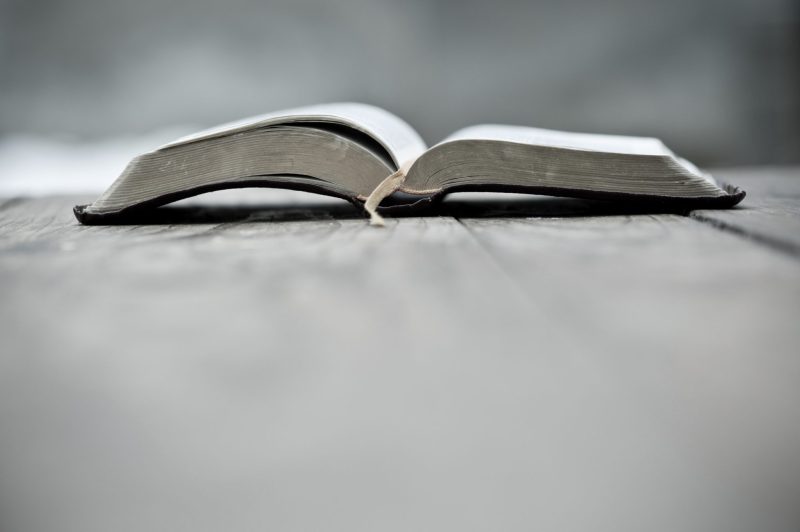
We live between memory and hope, between what has been and what will be, between the past and future. But do we live there, really?
Much of our time is taken up either hallowing or being haunted by the past. For some, there was a golden era we can’t seem to let go of. Those high school days on the cheerleader squad or football team when popularity was a given and our bodies worked for us instead of against us. For others, eating alone at a school lunch table or smelling the breath of our assaulter never seem to go away. The past has a grip on us for good or ill that prevents us from living in the present.
Likewise, the allure or foreboding of the future can tug on us powerfully and prevent the full experience of life now. We may long for the day when we can get our driver’s license and have a measure of freedom, or feel our health come around at last, or find our one true love. The yearning for a golden age to come or a better future at least can inspire action and motivate us to work hard, but we might also dread what tomorrow may hold in a way that immobilizes us. Again, for good or ill, preoccupation with the future can diminish our experience of the present as a gift we will never get back.
The Buddhist monk and spiritual teacher Thich Nhat Hanh died last month. We classify Buddhism as a religion alongside Hinduism, Sikhism, Judaism, Christianity and Islam, to name the main belief groups; Buddhism, Thich reminded us, is more of a practice of mindfulness that can be followed by people of any faith.
Thich warned against attachment to views of the mind too focused on the past or the future. Washing dishes or brushing teeth or taking a walk are experiences that shouldn’t be missed by having your mind on something else when you do them. Preoccupation means we aren’t fully alive in the moment.
I have been thinking about this a good deal since announcing my retirement from the role of senior pastor of the church I have served for more than three decades. The months between the announcement and that new stage of life ahead are easily occupied with what has been or could have been on the one hand, and what may or may not be on the other. Gratitude and expectation aren’t wrong, so long as they aren’t totalizing.
Being mindful in the moment is part of what I think Jesus had in mind when he talked about coming to give us “life, and that more abundant.” The only way to experience abundant life, I believe, is to embrace it fully in the only time we have — which is right now!
An adage comes to mind here: “Yesterday is history, tomorrow is a mystery, and today is a gift — that’s why we call it the present.”
That’s making more sense all the time.





